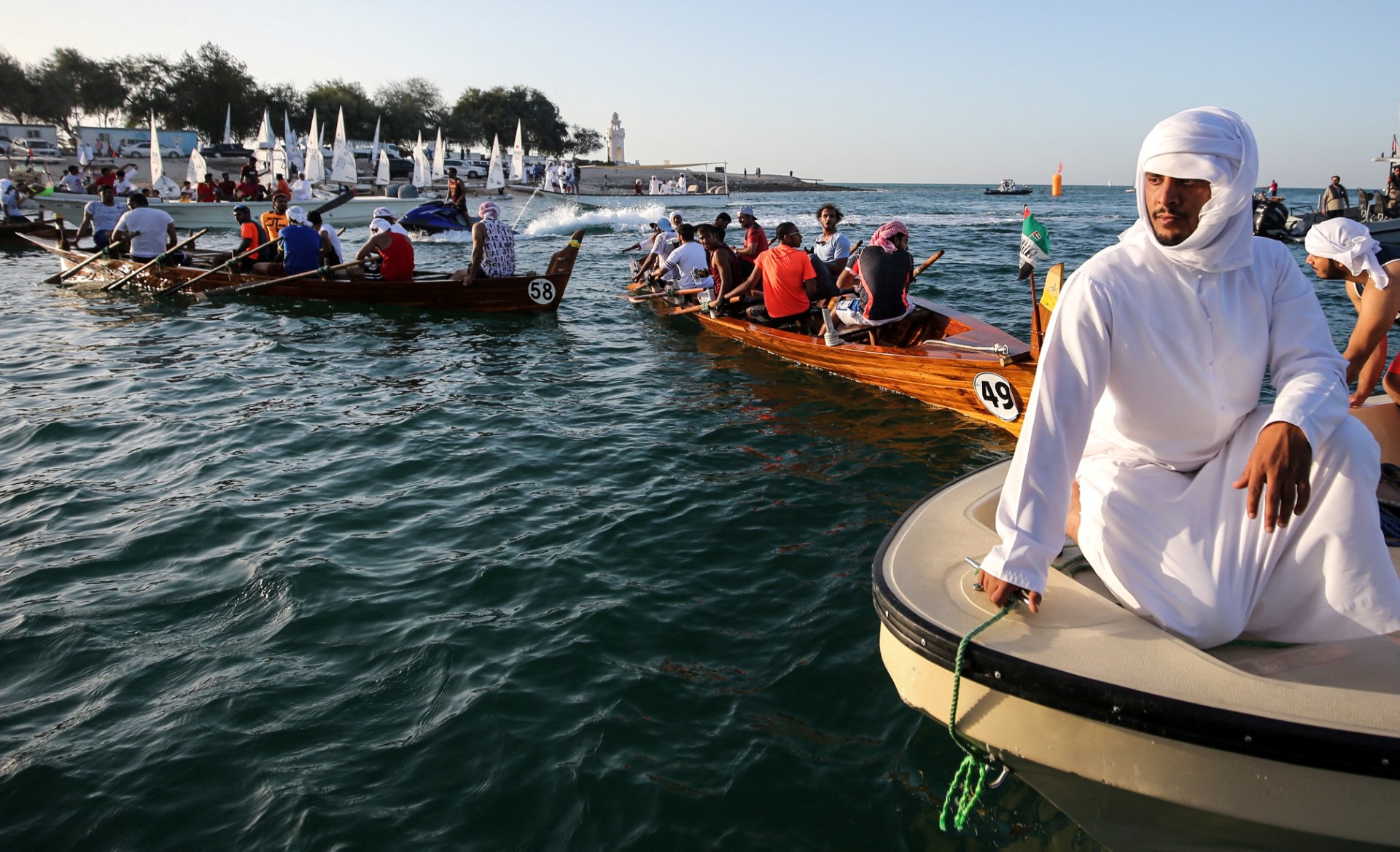Dubai, UAE— As many as 81% of people in the UAE say that they owe it to future generations to make drastic changes to the way they are living, as reported by the What Matters 2024 report from Human8, the human-centric and insight-driven consultancy.
More than 4 out of 5 UAE residents surveyed in the report shared concerns about the state of our planet for future generations, and over 80% agreed that the time has come to transition from “preventing further damage” to “reversing damage already done”, 88% feel brands must take responsibility in helping to safeguard the future of the people and planet as they can’t make the world a better place on their own.
The report was created in collaboration with Space Doctors, its strategic cultural and creative specialist team.
Drawing on qualitative conversations from a global insight community across 10 markets and a quantification with more than 13,000 consumers across 17 markets, the 2024 edition of the What Matters report provides a cultural framework of positive transformation that lays out four dimensions critical to driving positive change.
It also suggests eight codes for transformation, which provide meaningful paths to adopting a regenerative mindset and identifying powerful, systemic solutions that will not just benefit humanity, but the global economy as well.
Gareth Lewis, Co-Managing Director at Space Doctors, says: “The results of the report reveal that we need to take a clear stance for change. We need proactive action that goes beyond narratives of protecting the planet and sustaining the status quo of causing less harm into actively encouraging regeneration, restoration, and reimagining everything.”
The study also showcases how only 20% of UAE residents are confident that they live a sustainable lifestyle, although this is much higher than their peers in other EMEA markets such as France (7%), Germany (10%), South Africa (16%) and the UK (7%).
Tom De Ruyck,Partner & Chief Growth Officer, Human8, says: “UAE residents have recognized that moving away from a consumption-driven lifestyle is essential to safeguarding and restoring the planet. This echoes the historic UAE Consensus agreement signed by 198 nations, which aligns on a move away from fossil fuels, a new target to triple renewables and double energy efficiency by 2030, and a decision to build momentum towards new architecture for climate finance.”
Strengthening climate-positive initiatives through inclusivity and collaboration – another key decision taken at COP28 – was also echoed by UAE residents in the Human8 report.
Almost 6 in every 10 people surveyed in the UAE said that the time has come to flip the script on diversity and inclusion – rather than wasting time and energy on fighting dominant norms and labels. The time has come to just let go and create your own way of doing things. More than 20% of people stated that they translate this belief by consciously buying from inclusive brands.
UAE residents surveyed also voiced that they would move to adopt more sustainable lifestyles if such options were more easily available or if these alternative options offered the same quality; and if the positive impacts of such choices were made clear, thus, placing the onus back on brands to do so.
The report also turns the spotlight to a “say-do gap”, highlighting the difference between how people associate with climate-related problems and how they actually act on it. As an example, the Human8 report points to the traditional coral reefs once popular among those living in the UAE.
The nation has already begun taking positive steps in this regard. The Environment Agency Abu Dhabi, or EAD, has been rehabilitating and restoring corals since 2021, when reefs off the UAE’s coast faced their second bleaching event in just five years.
According to the EAD, more than 90 per cent of the gorgeous coral reefs in Abu Dhabi and Dubai were lost in the severe coral bleaching events reported in 1996 and 1998.
Referencing the UAE National Pavilion’s ‘coral house’ wetland exhibit at the Venice Biennale of Architecture in 2021, the report delved into how the UAE is innovating implementable solutions to save the environment. The ground-breaking cement presented at the pavilion was offered as an alternative to construction companies.
Made from brine extracted during industrial desalination, this cement has the strength and durability to be used in modern architecture in standard brick shape. Simultaneously, this solution reduces the amount of brine runoff from re-entering the Persian Gulf, thus protecting the UAE’s coral reefs.
The report concludes that sustainability remains high on the agenda, with 45% of UAE residents sharing their belief that it is not too late to reverse the damage done to global ecosystems.
More than 80% of those surveyed also subscribed to the notion that a single, focused action can release a wave of change – sharing their willingness to learn and understand what concrete actions they can take to create a better future for people and the planet.








